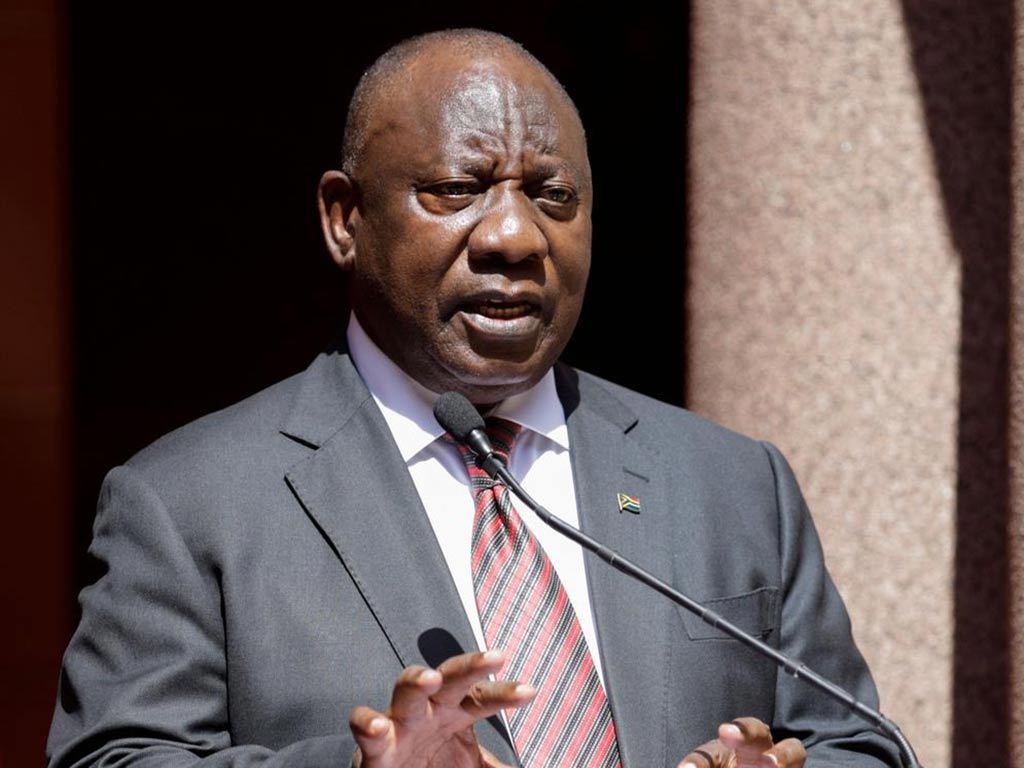The president affirmed that those organizations, which include the World Bank and the International Monetary Fund, must be restructured to make them more inclusive and responsive. They must also provide financing in a way that does not add to the debt burden of countries that are already struggling to pay it off.
In his words, industrialized countries must first and foremost meet their existing commitments, such as mobilizing $100 billion a year for climate action in developing economies.
However, even if the said goal is achieved, much more money will be needed to ensure an effective response to climate change, he said.
For example, South Africa’s Just Energy Transition Investment Plan alone would need around $98 billion over the next five years to enable a just transition to a low-carbon economy, he said.
Ramaphosa expressed how the industrialized countries that have contributed the most to global greenhouse gas emissions have the responsibility of financing the actions that less developed nations need to undertake to protect their people from climate change.
“As I said at the recent world summit on development finance and climate action in developing economies, we don’t want to be treated like beggars, as if we were begging for charity.”
“The industrialization and economic development of the Global North was achieved at the expense of the Global South,” he stressed. “Therefore, the richer countries have both the obligation and the interest to support development and climate action in the poorer nations.”
jrr/llp/mem/mv









